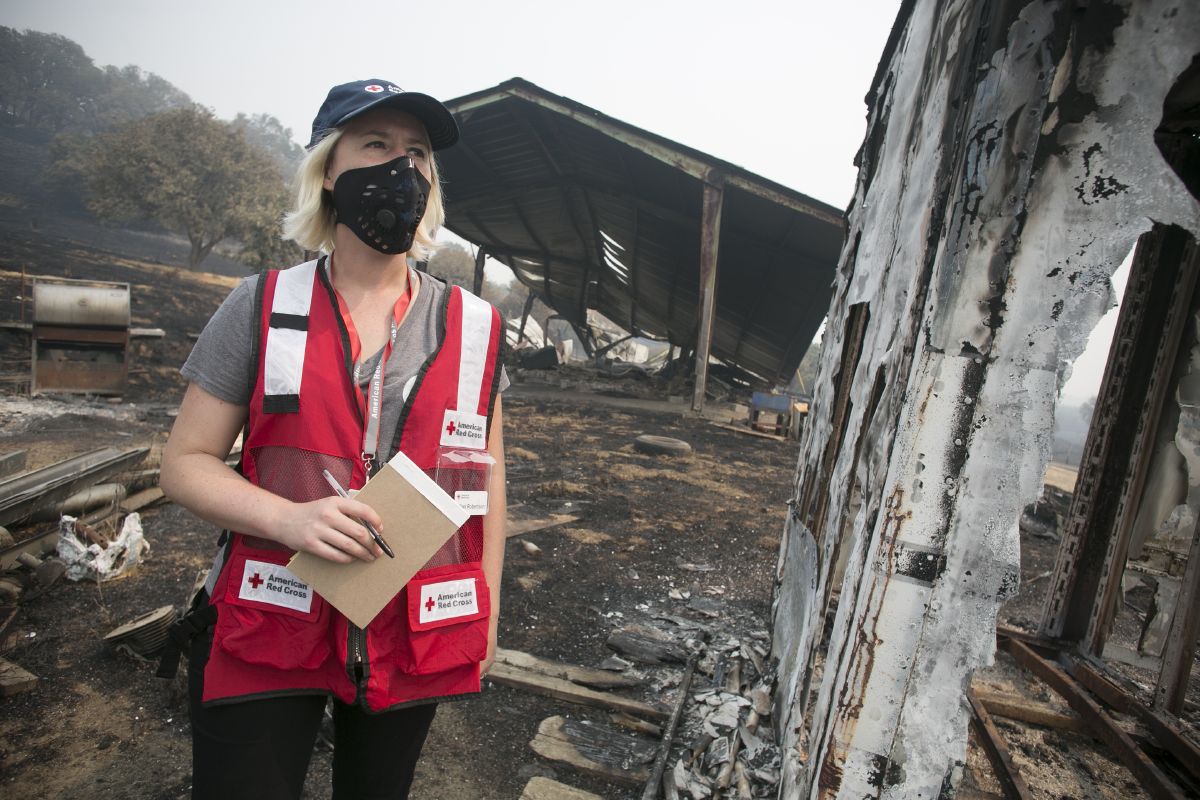
Shawn's family was struck by an unimaginable disaster. Shawn, 75-year-old woman, her 39-year-old daughter and two grandchildren, ages 11 and 12 years-old, were left homeless when their home burned completely to the ground and destroyed everything. Unfortunately, the total household income for the family of four was less than $25,000 and this, coupled with the lack of insurance, left them unable to address their own basic needs for food, shelter, clothing, etc. Red Cross provided funds to cover their stay in a local motel and toiletry items and funds to purchase food and clothing. Red Cross coordinated wraparound services with several local agencies to get immediate refills of their medications, long-term housing, furniture and additional clothing.
Disasters affect everyone, but youth, the elderly, and low-income individuals are at greater risk of harm and may be unable to fully recover following disaster. Red Cross's services are most utilized by such vulnerable populations who often have limited resources and nowhere to go. Community health, economic opportunity, and access to education are all disrupted when a family is impacted by disaster. At the Red Cross, we see this reality every day. Families living at, or near, the poverty level are less likely to have insurance, a support network, or the finances needed to obtain emergency shelter, food, or clothing. They often face displacement from their communities, schools and employment, and without assistance, disasters may push poorer families into the ranks of the permanently homeless. The assistance provided by the Red Cross can be the difference between a family selling possessions at a pawn shop or taking out a payday loan. On average, the Red Cross provides $605 in financial assistance to each household after a home fire or disaster, but assistance amounts are tailored to family size and livability of the home. Financial assistance is crucial in the immediate aftermath of a disaster, when families may not have emergency funds or cannot immediately activate their insurance. Not only is this the most efficient way to meet people’s needs, financial assistance also empowers survivors with the means to purchase what they need – an important first step toward their longer-term recovery.
*Shawn's name was used as an alias for privacy purposes.
